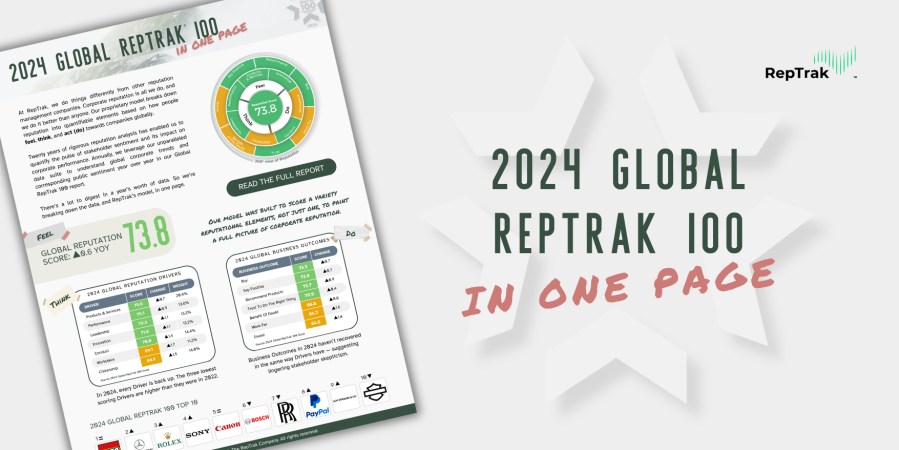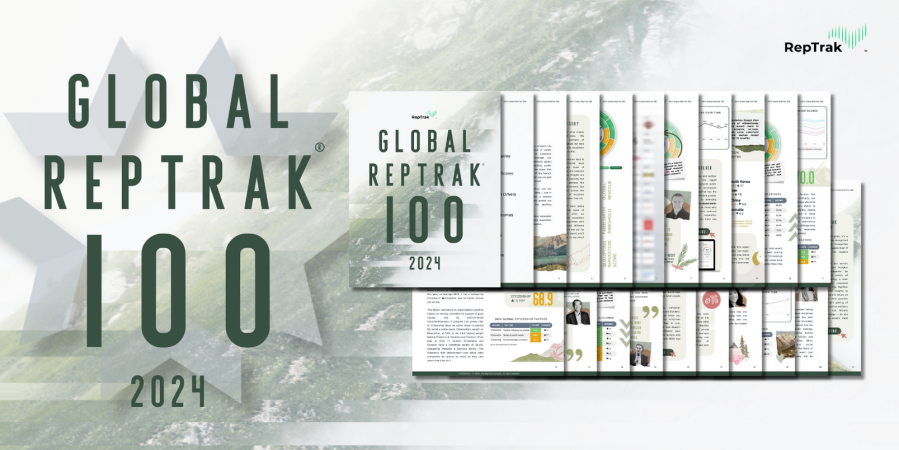Italy’s Early Experience with COVID-19 Provides Key Learnings for Global Businesses
Blog Post18 Mar, 2020
Over the last few weeks, the COVID-19 crisis has expanded around the world, affecting communities and businesses in more than 140 countries.
Italy was impacted earlier than many other countries were, and its response to the crisis has provided lessons for those countries on the latter side of the curve, who are just now beginning to feel the effects of the virus.
With that in mind, in early March, we analyzed the sentiment of 668 consumers across Italy. As more nations hit inflection points in coronavirus management, and corporations around the world formulate their action plans, the experiences and sentiments of these Italian survey participants can serve as a roadmap that can help companies adapt to changing needs in their own territories.
What we learned:
In Italy, feelings towards government institutions’ recent decisions and measures declined by 29%, while sentiment towards companies remained largely stable and increased by 9%
Between January and March 2020, the importance of Workplace, one of the seven drivers of corporate reputation, in Italy increased, from 11% to 14%, becoming the fourth most important driver of reputation. In January, it was the seventh most important.
Providing employees with face masks and other tangible resources was associated with a 5.2-point increase in Reputation Score, while providing updates on the evolving situation increased benefit of the doubt towards companies by 5.5 points, on a scale of 0 to 100
From this data and other results from our survey, we have identified six key takeaways for reputation leaders.
1. During a country crisis, companies are viewed more favorably than the government is
A crisis analysis before and during the COVID-19 situation in Italy indicates that sentiment towards the government worsened by 29%, while feelings towards corporations remained mostly stable and increased by 9%. Italy has a unique political history that may foster enhanced scrutiny towards elected officials—recent decisions and political measures have not helped—yet this result has global implications. Like the active role corporations have taken against the fight for climate change, the general public is favorably looking at the private sector as a channel of social impact, with more resources and nimbleness than traditional governments.
2. Companies must take care of their employees first
In critical situations, corporations have a unique role to play in protecting their employees and other stakeholders. Our data from Italy shows that the coronavirus expansion has elevated the impact of Workplace as a reputation driver on how the general public feels about a company. Perceptions of a company as a caring and inclusive employer constantly drive a company’s reputation—although in most “normal” situations its importance tends to fall behind that of what you sell, how transparent you are, and what your social footprint is.
During March 2020, which translates to the early stage of the COVID-19 crisis in Italy, Corporate Governance and Citizenship continued to be highly relevant, but the crisis has triggered a tradeoff between the importance of products and the importance of workplace management. Right now, a company’s reputation in Italy is more defined by demonstrating concern for the well-being of their workforce than earlier in the year. On average, workplace scores increased in Italy by 3 points between January and March 2020 and their importance in driving corporate reputation went from 11 to 14%.
3. Employees need tangible resources
In terms of different policies, Italian companies could have adapted to demonstrate their commitment to employee well-being by supplying concrete, prevention-focused benefits. These are associated with the biggest lifts in reputation. For example, providing disinfectant products in the office and face masks was associated with a 5.5-point lift in Reputation Score, while broader policies such as suspending business travel did not have a positive impact on reputation. These results show how companies around the globe should connect with the unique experience of their employees and find solutions to specific pain points that affect their day to day. In fact, getting concrete benefits like face masks and hand sanitizer had more than twice the positive reputation impact on Italian consumers than receiving regular updates from companies.
While leading companies have shown commitment to large-scale social causes like education and sustainability, our data suggests that finding a quick solution to specific crisis-related problems experienced by your consumers, employers, or suppliers can also have a positive impact on your reputation.
4. Constant communication enhances benefit of the doubt
However, while concrete resources were more beneficial for maintaining a positive reputation than information on its own, keeping a constant flow of updates enforced people’s likelihood to trust a corporation, improving their benefit of the doubt score by 5.5 points on a scale of 0 to 100. Providing employees with periodic updates on the status of the crisis and your own shifting policies will not necessarily be a channel to drive positive sentiment, but it is a way to guarantee confidence in times of uncertainty.
5. Companies adopting remote conditions get more benefit of the doubt
Like in many other developing markets, “smart working” in Italy is a relatively novel trend that has not been adopted by all industries. According to the Digital Workforce Report Italia 2019, 33% of companies in Italy did not allow employees to work remotely, and 43% only did so with special permission. Thus, when more and more companies decided to implement remote working conditions in early March 2020, reputation among those who had heard this news was strong.
Smart working measures have the potential to have a great impact on company reputations. This crisis offers a unique opportunity to act and make smart working a policy for every company.
According to our data, 34% of the Italian public learned information about companies' adoption of remote working policies, which led to an 8% increase in willingness to say something positive about the company and give them the benefit of the doubt during the coronavirus crisis. While in other parts of the world remote work is more of a regular practice, this result is showing us the importance of innovation and flexibility in times of crisis. Companies that are already implementing remote work can take an extra step to enhance communication and foster a sense of community by implementing new practices driven by videoconferencing and other tools.
6. Traditional media is important for credible communications
Results from Italy indicate that in times of crisis and with an overwhelming amount of information circulating in different channels, communicating via owned media can be less beneficial than getting your message out through traditional earned media. In a crisis, credibility is placed at risk, and results from our study indicate that there is a stronger reputational lift when consumers hear about a corporation’s policies through a third party, like traditional media, than through a company website or social media posts.
Summary
These initial results from Italy highlight the responsibility of corporations and what role they are expected to play in times of a crisis. As an employer, companies should communicate often to establish trust, especially as more teams adapt to smart working. They should empathize with the experience of their stakeholders and find tangible areas where they can really improve their ability to protect themselves during the crisis.
A credible strategy for maintaining trust and favorability from the general public will require a clear, human-centric commitment to improving the conditions of everyone affected by this event.
Michele Tesoro-Tess Executive Vice President – EMEA The RepTrak Company [email protected]





